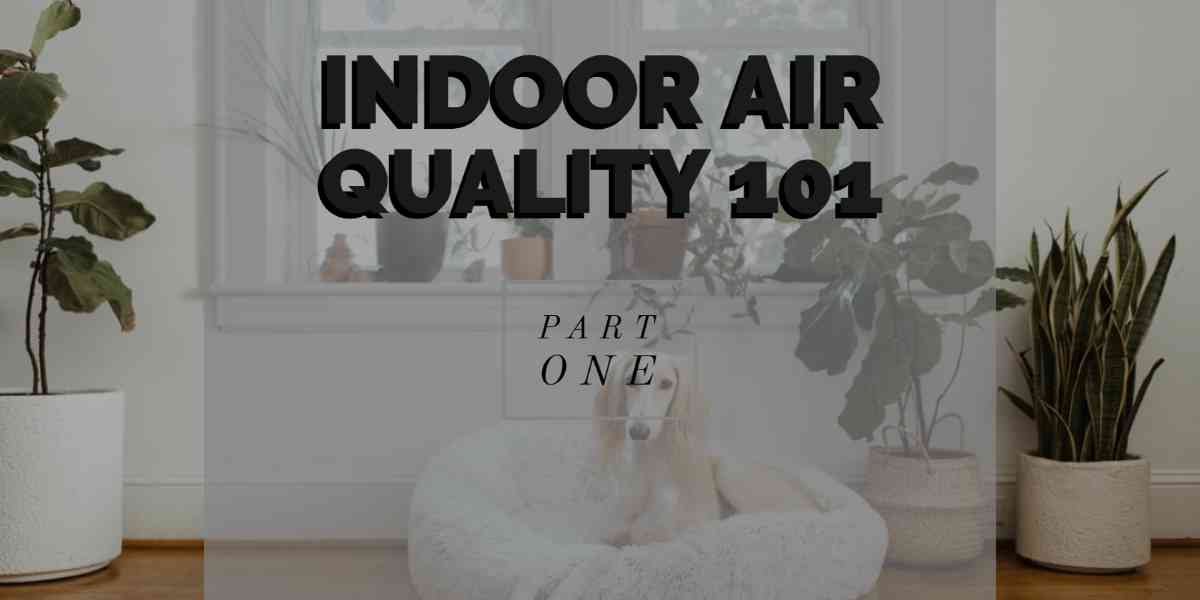Maintaining optimal health in today’s modern fast-paced world can be challenging. In generations past, when someone wanted to be healthy, they would simply eat fresh and healthy foods and get more exercise.
Today’s world, however, is a lot different than it was when our parents were growing up. Nowadays, on top of diet and exercise, people trying to live healthy lifestyles are learning they also have to consider the quality of air they are breathing, especially the air quality inside their homes and places of work.
This is because a growing body of research is showing the air inside our homes can be far more contaminated than the air we breathe outside. This is true even in the biggest cities here in the United States, where a lot of people think of the air as being toxic and full of smog.
To complicate the matter, studies indicate Americans spend up to 90 percent of their time inside, which makes indoor air pollution an even bigger health risk than outdoor air pollution.
Why is Indoor Air Quality so Important?
This is significant because Indoor Air Quality has a major impact on our well being, health, mood and energy levels. Officials from the Environmental Protection Agency report the air we are breathing indoors in the U.S. can be anywhere from two to five times more toxic than the air outdoors. In fact, in some of the most extreme cases, it can be up to 100 times worse.
All this might seem counterintuitive because people usually associate pollution to the outdoors because of smog, smoke and exhaust. However, when you consider how tightly insulated modern homes are built to keep energy costs down and heated or cooled air inside, it starts making a little more sense; Inside, air pollution has nowhere to go. Outside, in nature’s vast open spaces, the earth has a multitude of ways of cleaning out the air, the wind and the trees are merely two ways of many. In the confined spaces of a building, however, without outdoor air being brought in to circulate, indoor air pollution can be a problem.
Health Effects of Indoor Air Pollution
The short term health effects sometimes appear shortly after a single, or several, exposures to a pollutant. Some of the symptoms are irritation of the eyes, nose and throat, in addition to headaches, dizziness and fatigue.
Long-term health effects include things like heart disease, certain respiratory illnesses and even cancer. Health experts report that in extreme cases, if the pollution is extreme like certain types of gas, it can even be fatal.
Because indoor air quality has such significant health implications, we at Pickerington Heating & Cooling suggest homeowners take precautions and steps to ensure their health and the health of their loved ones.
Some of these steps might include utilizing additional ventilation, upgrading their air filtration system, and/or finding and eliminating potential sources of indoor air pollution.
LET US HELP YOU IMPROVE YOUR INDOOR AIR QUALITY
We at Pickerington Heating & Cooling care about your home comfort levels, but also even more importantly, we care about the health of you and your family members. Because indoor air quality has such a serious effect on your health and well being, we hope you find this information useful. If you’re interested in any of the services and products we offer, or if you’d like to know more, give us a call at (614) 837-4026, or click here to schedule an appointment now.
Indoor Air Quality 101: Part 2




